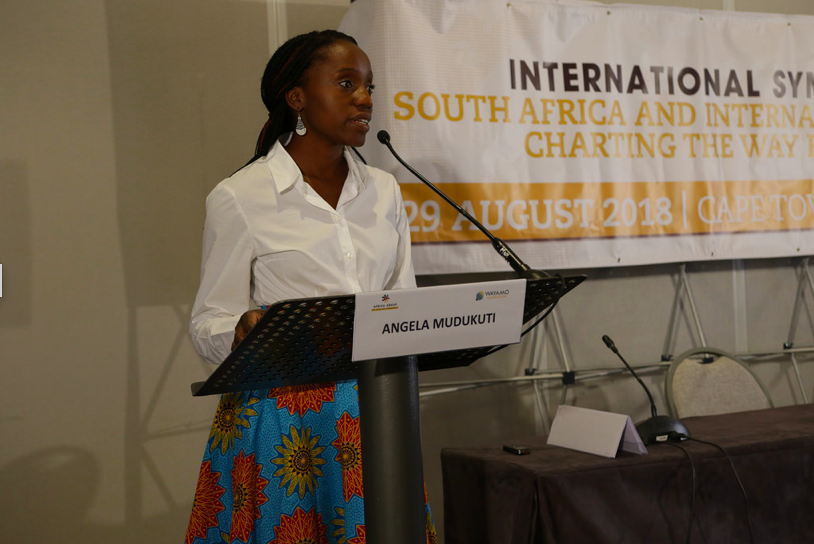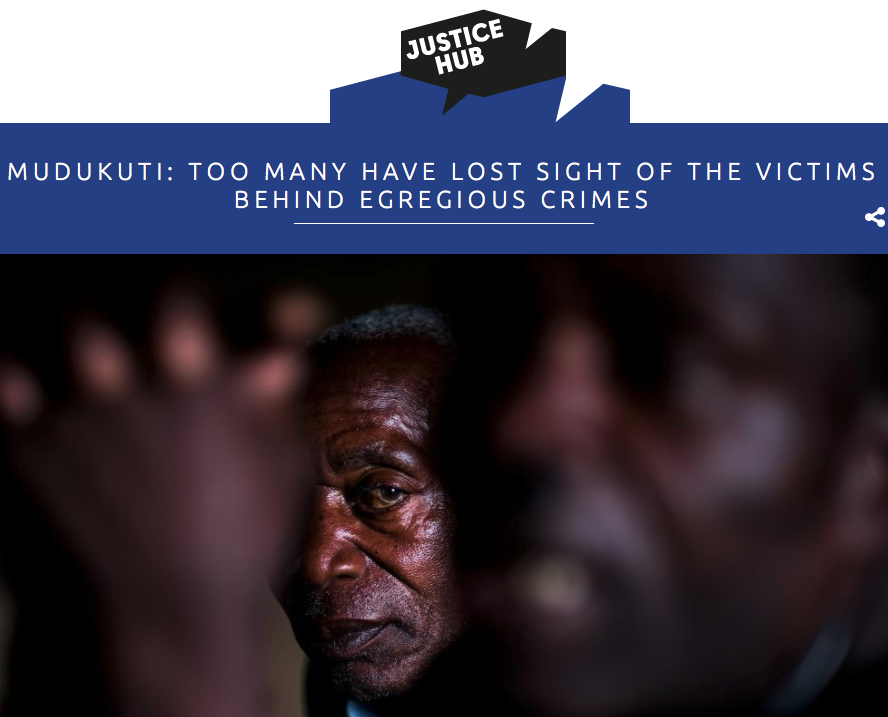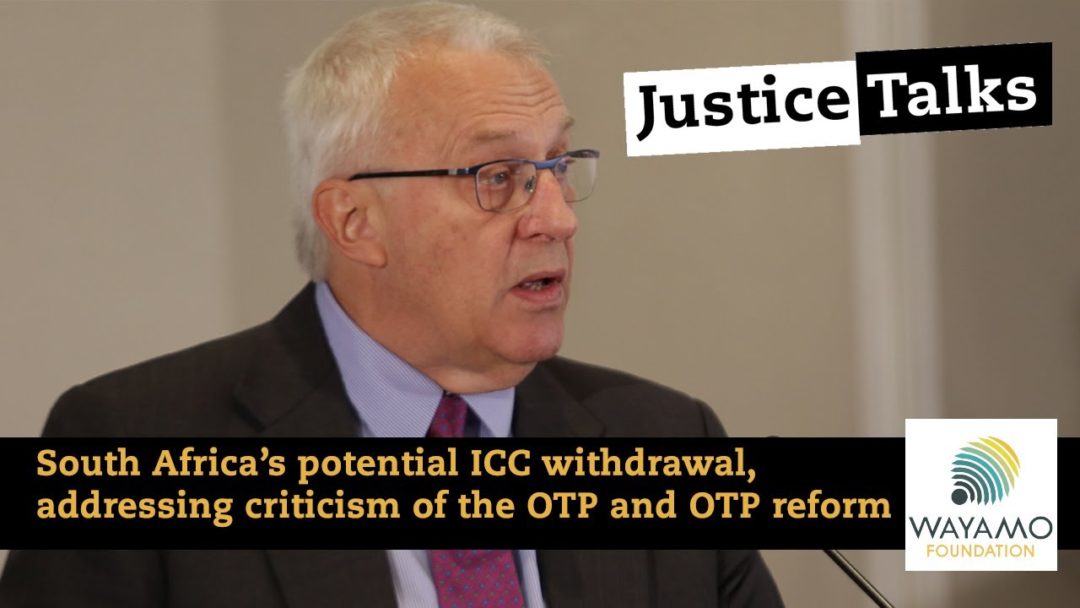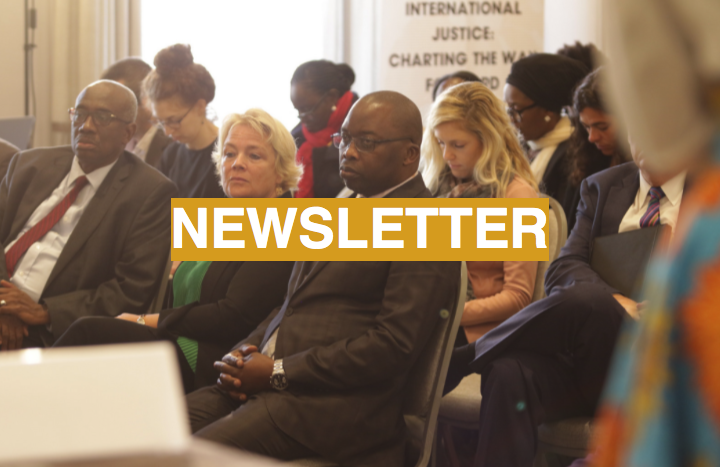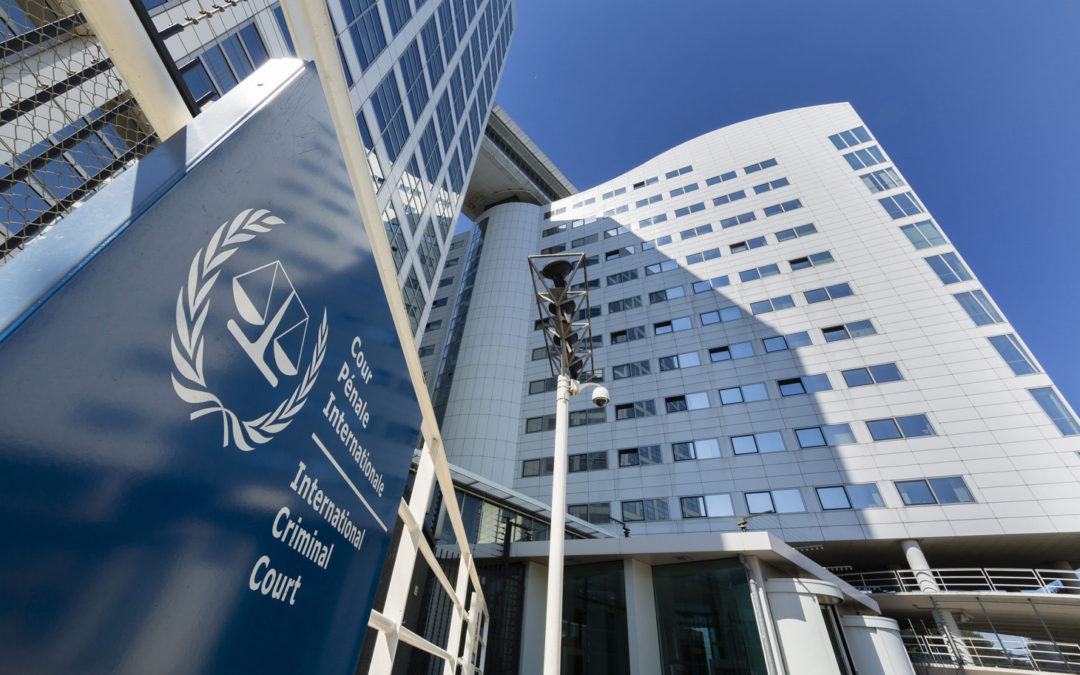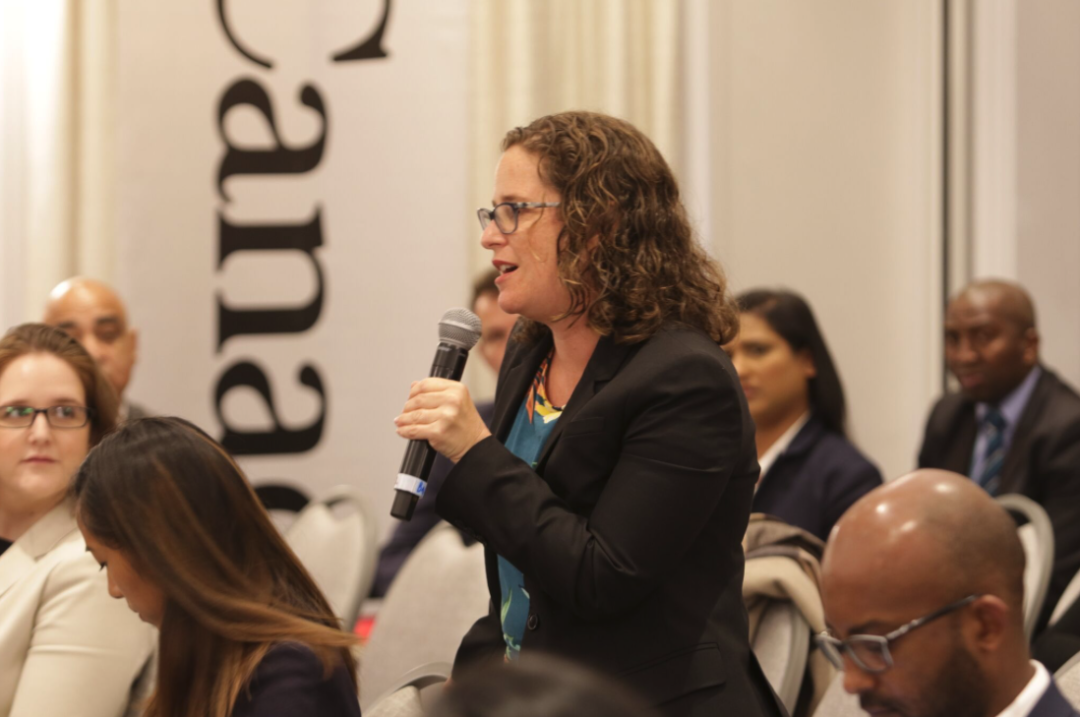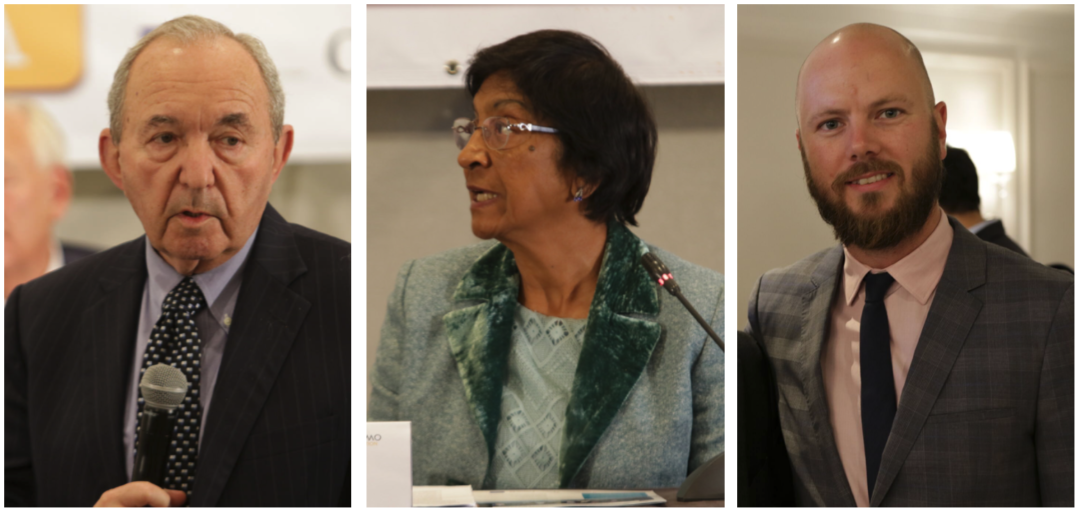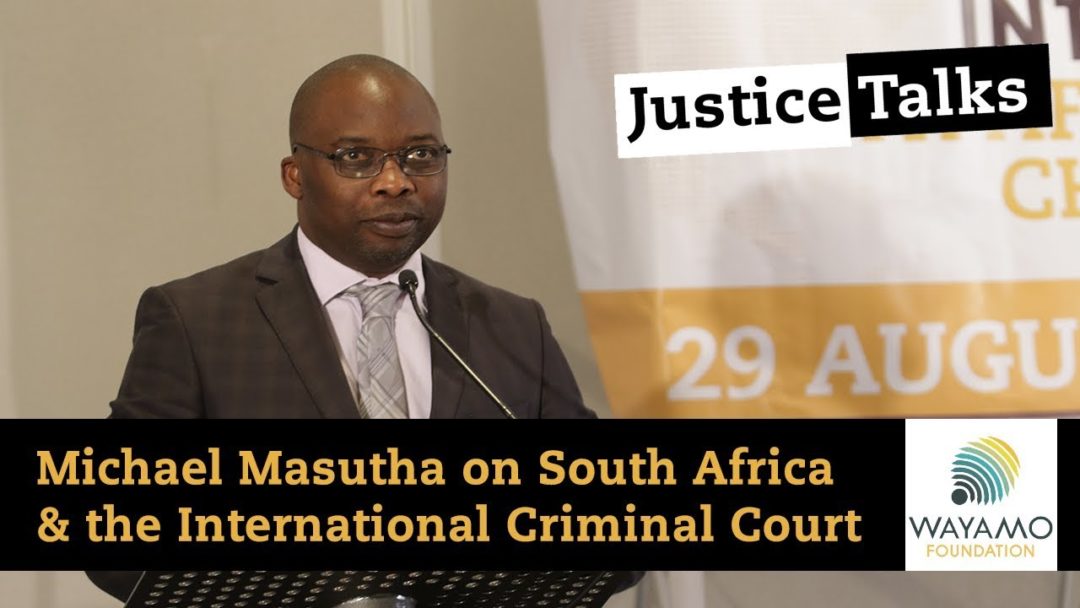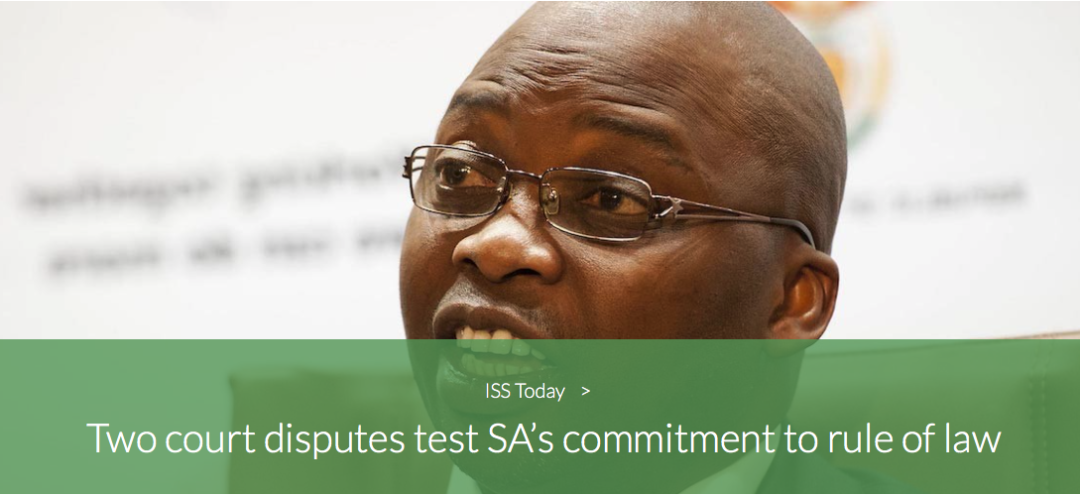Berlin’s past and present reveal several links to severe human rights violations, as well as to efforts to address past atrocities. The International Military Tribunal, which went on to prosecute Nazi crimes in Nuremberg, sat in Berlin on 18 October 1945. In Berlin on 17 October 1998, survivors of Augusto Pinochet’s dictatorship celebrated after Pinochet was arrested in London. And in the same year, Berlin-based lawyers, politicians and members of the civil society strove for the establishment of the International Criminal Court.
University lecture: Change and Continuity in US Relations with the ICC
The Human Rights Program will host a conversation with Mark Kersten, deputy director of the Wayamo Foundation and a fellow based at the Munk School of Global Affairs, University of Toronto.
MUDUKUTI: TOO MANY HAVE LOST SIGHT OF THE VICTIMS BEHIND EGREGIOUS CRIMES
The 20th-anniversary summer session of Salzburg Law School on International Criminal Law, Humanitarian Law and Human Rights Law (SLS) this year was chock-full of highlights and marquee speakers.
Justice Talks: James Stewart, ICC Deputy Prosecutor
South African Minister of Justice, Michael Masutha, speaks to Wayamo’s Bettina Ambach about South Africa’s possible withdrawal from the Rome Statute, challenges with the Malabo Protocol and the controversial question of head of state immunity.
September 2018 Newsletter
Here are the latest updates about some of the leading projects and activities of the Wayamo Foundation and the Africa Group for Justice and Accountability.
Can SA and the ICC resolve their differences?
A case now under way before the ICC’s appeals chamber and a possible International Court of Justice ruling raise hopes of mending the damaging rift between the International Criminal Court and South Africa.
South Africa and the ICC: It’s not too late to change course
Remaining an ICC member would not mean South Africa agrees with every action the court takes or every aspect of the court’s functioning.
A plan for South Africa to stay in the ICC
Published in the Mail&Guardian on 10 September 2018. Almost two years after first announcing its intention to withdraw from the International Criminal Court (ICC), it remains unclear whether South Africa will exit the Rome Statute system. By Navi Pillay, Richard Goldstone, and Mark Kersten. Last December, Justice Minister Michael Masutha told a meeting of ICC member-states that the country was …
Justice Talks: Michael Masutha, South African Minister of Justice
South African Minister of Justice, Michael Masutha, speaks to Wayamo’s Bettina Ambach about South Africa’s possible withdrawal from the Rome Statute, challenges with the Malabo Protocol and the controversial question of head of state immunity.
Two court disputes test SA’s commitment to rule of law
Strong views were expressed at a seminar on South Africa and the ICC in Cape Town last week that South Africa should remain in the court. This is to both bolster international justice when it is under threat and to prove to the world – after the Zuma era – that South Africa remains committed to the rule of law. The seminar was organised by the Wayamo Foundation and the Africa Group for Justice and Accountability.

